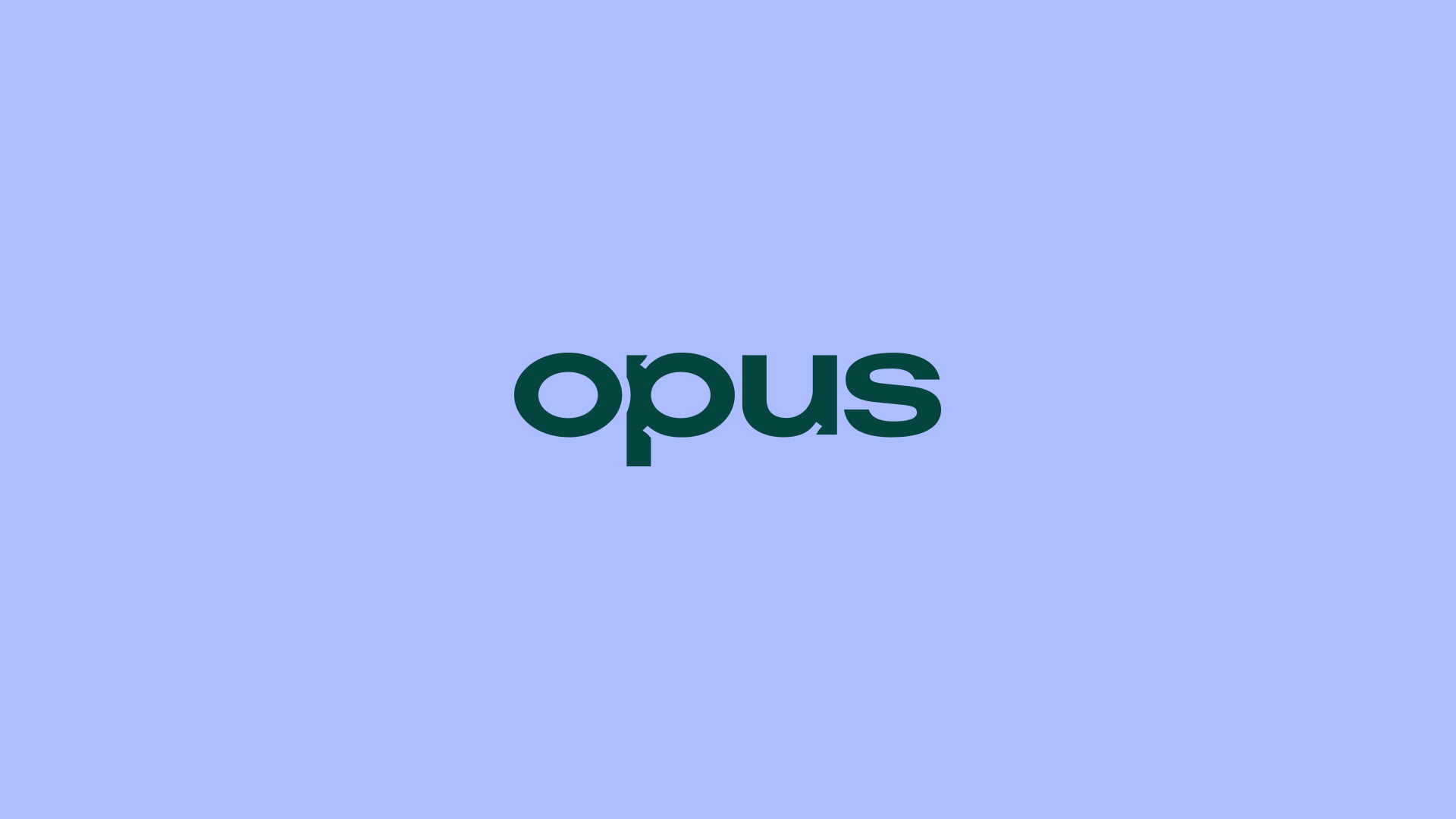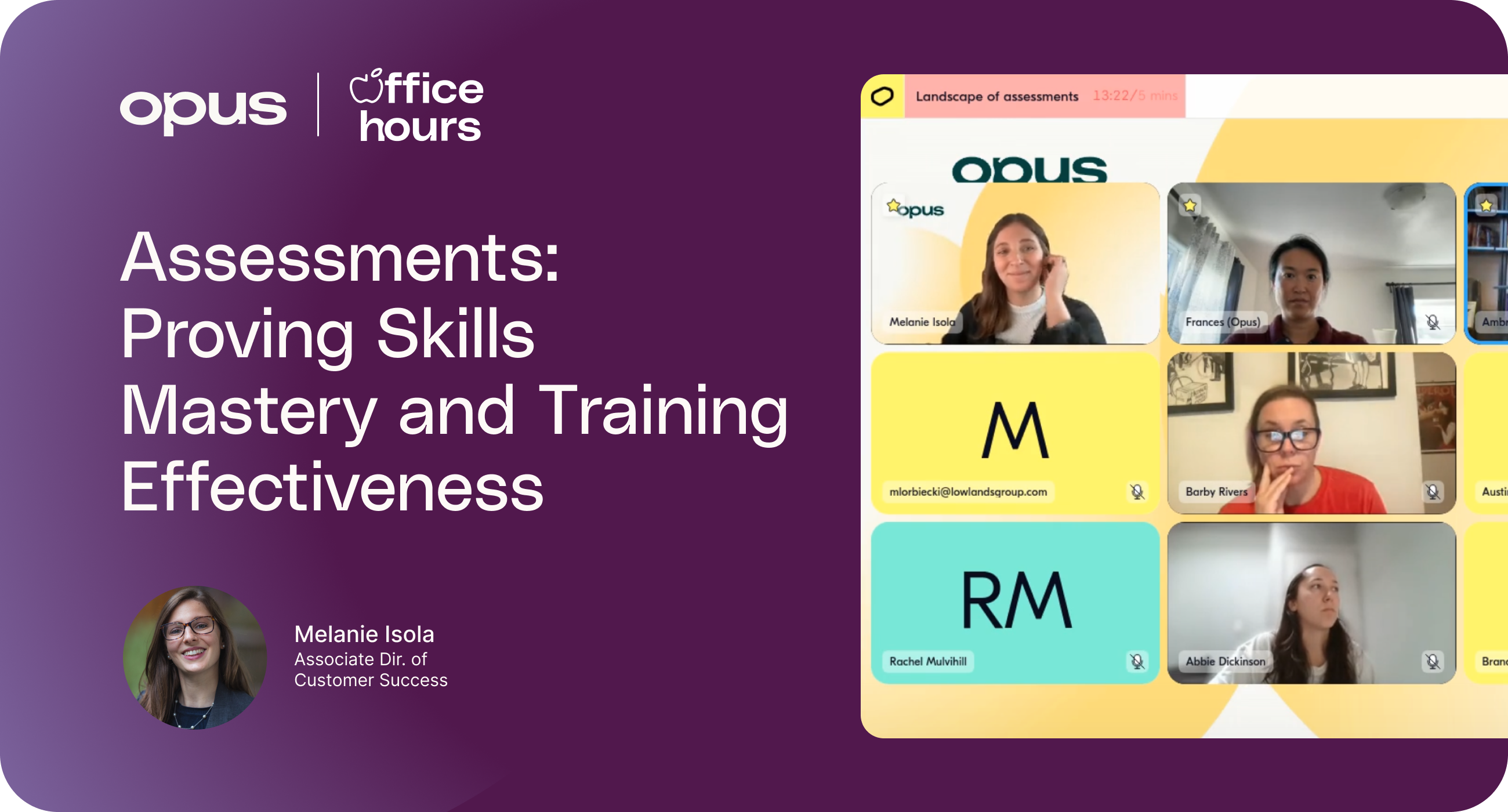AI tools are rapidly transforming how hospitality and learning professionals approach training development. As restaurant groups and service organizations face high turnover, complex operations, and increasing guest expectations, AI offers a promising avenue to create consistent, high-quality training at scale. Our recent office hours workshop explored this intersection, featuring Sara Delgado, Product Marketing Manager, and Melanie Isola, Associate Director of Customer Success at Opus, alongside special guest Charles Wright, Director of Training at Cunningham Restaurant Group. Charles shared his team's remarkable journey of creating 400 courses across 17 restaurant concepts in just four months—a testament to AI's potential when strategically implemented.
Key Takeaways
1. Do Your Homework Before Asking AI to Do Yours
One of the most valuable insights from the workshop was the importance of establishing clear content standards before diving into AI tools. Charles demonstrated how his team developed a "CRG OPUS standards doc" that defines their voice, tone, and specific parameters—such as limiting screens to 75 words to minimize scrolling and including knowledge checks every 3-4 screens.
This documentation serves as both a guide and a quality checkpoint. "We find ourselves coming back to this a lot," Charles noted, explaining how these standards help maintain consistency even when developing content at a rapid pace. The guidelines also inform their custom GPTs, ensuring AI-generated content aligns with their established brand voice.
2. Think of AI as Your Strategic Partner, Not Just a Content Machine
The workshop highlighted how AI functions best as a collaborative tool rather than a replacement for instructional designers. Charles and the Opus team demonstrated several effective applications:
- Using custom GPTs trained with organizational voice and standards
- Asking AI to identify potential gaps in training approaches
- Leveraging AI to transform widely available information into tailored learning experiences
- Using AI-generated frameworks as starting points for customization
As Charles noted during the session, "AI won't replace people, but people who know how to use AI will replace people who don't." The most successful implementations position AI as an amplifier of human expertise, handling routine content generation while L&D professionals focus on customization and strategic alignment.
3. Start Small and Specific
Melanie showcased practical ways to integrate AI through specific applications, demonstrating how to craft detailed prompts for creating microlearning courses like limited-time offers (LTOs). These smaller implementations allow teams to:
- Develop familiarity with effective prompting techniques
- Test AI capabilities in controlled scenarios
- Demonstrate value quickly before expanding to larger projects
While AI excels with specific content needs and publicly available information, human oversight remains essential for quality control and audience awareness.
New to building training with AI? Check out our quick guide to getting started with ChatGPT prompts. Download ->



.png)


